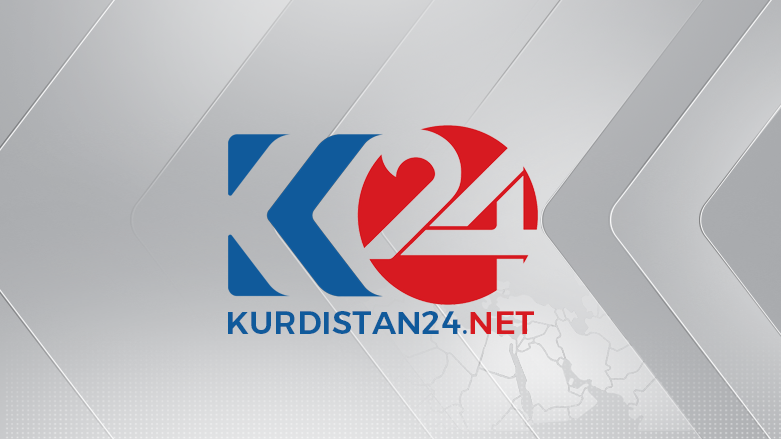Yezidi vulnerability before ISIS

Regrettably, not many westerners were familiar with the Yezidi people and religion (many prefer the term Ezidi) before their horrific ethnic cleansing and genocide occurred beginning in the summer of 2014. Adherents often remind outsiders that ISIS' horror is considered Yezidis' seventy-fourth historical genocide, a staggering and incomprehensible possibility.
Yezidis, most of whom live in the so-called “disputed territories” in northwestern Mosul (Ninevah) Province, have been impoverished and vulnerable for decades. Before the war with ISIS, roughly ninety percent of Yezidi-inhabited areas fell outside the administrative jurisdiction of the Kurdistan Regional Government (KRG), therefore, the population was beholden to the central government in Baghdad. The most populous district, Sinjar (Shingal) was home to some 500,000 Yezidis before the recent ethnic cleansing, an area purposely neglected and Arabized by Saddam Hussein. Many Yezidis were forced to officially register as Arabs and forced into mujama'at, collective towns away from their ancestral lands.
In 2012, a Kurdistan Regional Government (KRG) minister visiting Sinjar on an official visit reportedly said, “I could not believe humans could live in such conditions. I have never seen a group of people that deserve more attention than the people of this town.” After the visit, the KRG pledged an unprecedented $30 million toward revitalizing the area. It was the first official visit from either Erbil or Iraq in nearly ten years.
ISIS' infamous brutality is a culmination of an otherwise long and violent record of militant attacks against this persecuted minority over the last several years. Out of the dozens of attacks, it is noteworthy that as far back (at least) as 2004, Yezidis have been targeted by extremists.
In the beginning of that year, flyers were distributed in Mosul claiming “divine rewards” for those who kill Yezidis. Several months later, a Yezidi child was found executed. One month after, one of the main Yezidi leaders was targeted in a bomb attack but survived. Throughout the rest of the year, several other Yezidis were killed, attacked, and brutalized.
Nearly three years later, in 2007, al-Qaeda claimed responsibility for four simultaneous truck bombs that killed at least 350 Yezidis, making it the single deadliest coordinated attack since the US invasion of Iraq. Asked why al-Qaeda chose simple villages for such an attack, US General Kevin Bergner responded, “Perhaps their vulnerability. Perhaps they were a target that they could attack.”
Politically, Yezidis are split along three major political fault lines: there are those who still believe that a unified Iraq will eventually provide for their demands and needs; some who believe the best possible solution is to support an independent Kurdistan, which has pledged to protect and support them, and others who still think it is best for them to carve out a minuscule autonomous region, which lacks any regional or international backing.
Yezidis like Iraqi MP Vian Dakhil have rightly received a great deal of international attention, as is also the case with one of ISIS' victims, Nadia Murad, who recently testified on the Yezidi plight. After the traumatized woman spoke to the United Nations Security Council, Samantha Power, US Ambassador to the UN emotionally offered, “Nadia, I cannot imagine how painful it must be every time you are asked to recount your experience. No human being should be forced to endure what you and your family have gone through. Ever.”
This current international attention may offer a sliver of justice for the thousands of Yezidi victims as it has helped stimulate debate at the highest political levels in the US and Britain. In early December, a number of predominantly Christian leaders and academics wrote a letter to US Secretary of State John Kerry, concerned about the ongoing Yezidi and Christian genocide taking place in Ninevah Province. In late December, sixty British parliamentarians urged Prime Minister David Cameron to pressure the UN to recognize what happened to minorities in Iraq and Syria as genocide. One week later, Democratic presidential frontrunner Hillary Clinton broke with the Obama administration's perspective and publicly called what happened to Christians and Yezidis a genocide.
But what policies and laws can truly facilitate genuine positive impact? The Erbil-based MERI think-tank suggests a Council for religious minorities and allocating parliamentary seats for Yezidis (and other religious and ethnic communities). If implemented, these policies could help institutionalize Yezidis' societal and political place in the Kurdistan Region. One aspect that painfully rang true in 2008 sadly still rings true today: the survival of one of the oldest religious communities in the Middle East is very uncertain.
The views expressed in this article are those of the author and do not necessarily reflect the position of Kurdistan24.
